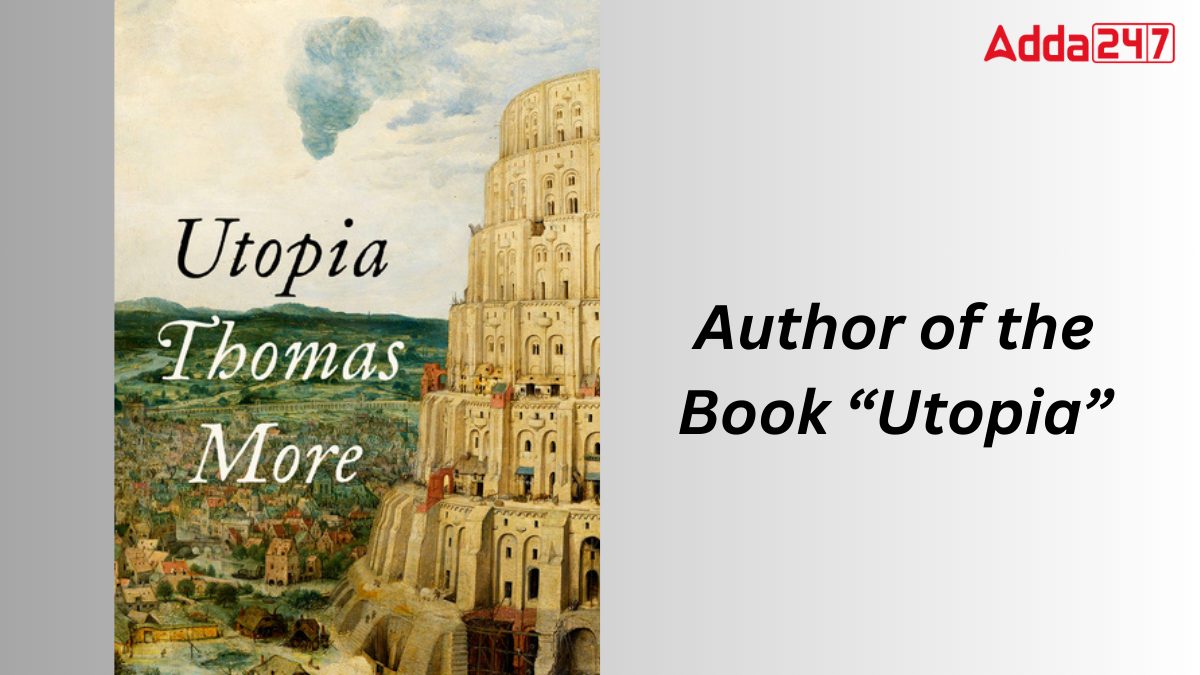Books often serve as windows into the minds of their creators, offering insights into their perspectives and ideals. One such influential work is Utopia, authored by Sir Thomas More in 1516. Below, we explore the life of More and delve into the themes and impact of his renowned book.
Author of Utopia
The author of Utopia is Sir Thomas More, an English statesman, lawyer, and humanist who lived during the Renaissance period. More’s work introduced the concept of an ideal society governed by principles of communal living and religious tolerance. His satirical exploration through the character of Raphael Hythloday remains influential in literature and political philosophy, reflecting More’s deep convictions on social justice and ethical governance.
Origin and Influence of Book Utopia
Initially written in Latin, Utopia was later translated into several European languages, including German, Italian, French, and English. Its impact was profound, sparking discussions on governance, societal organization, and human nature.
Satirical Elements and Narrative
Utopia is a satirical essay, drawing inspiration from Plato’s Republic and Roman satirists like Lucian. It is presented as a report by a fictional Portuguese traveler named Raphael Hythloday, whose encounters with More in Antwerp lead to vivid descriptions of an ideal society.
Key Features of Utopian Society
- Religious Tolerance and Pacifism: In More’s utopia, there is complete religious toleration and a commitment to pacifism, although citizens are prepared to defend their society if necessary.
- Economic and Social Structure: The society operates on principles of communal living, where individuals work according to their abilities and receive according to their needs. Private property is absent, and education is freely accessible to all, irrespective of gender.
- Legal System and Ethics: With minimal laws, More imagines a morally self-governing populace. Capital punishment is abolished, but slavery exists for criminals and prisoners of war.
Legacy and Cultural Impact of Utopia
Thomas More’s Utopia remains a cornerstone of utopian literature, influencing subsequent writers and thinkers exploring ideal societies and political philosophy. Its themes of social justice, governance, and human nature continue to provoke thought and debate in modern times.




 Which District of Haryana is known as th...
Which District of Haryana is known as th...
 Top-5 Richest Cities in India by GDP 202...
Top-5 Richest Cities in India by GDP 202...
 Which Country is known as the Land of Ch...
Which Country is known as the Land of Ch...








